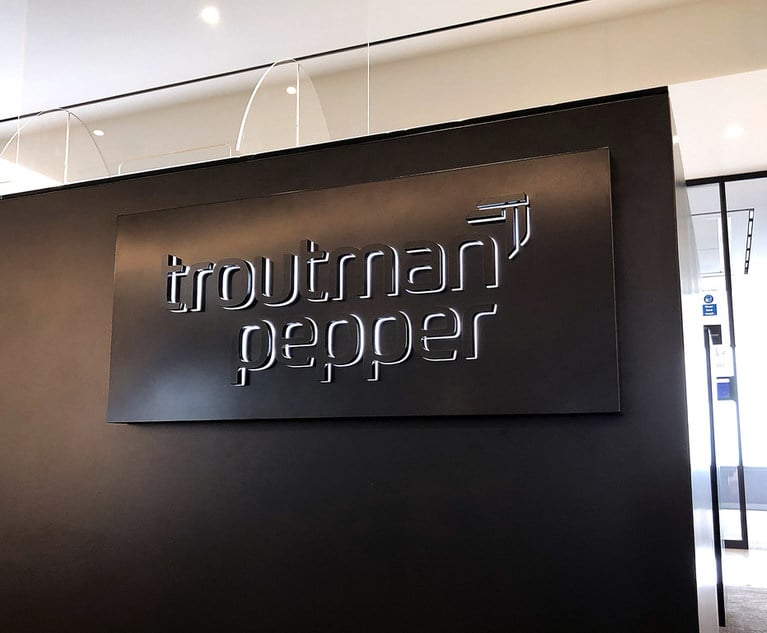During his first term, Pennsylvania Attorney General Josh Shapiro announced the creation of the first-ever Fair Labor Section of the Office of Attorney General to combat what he described as wage theft, tip stealing, misclassification and similar unlawful actions/discriminatory practices in the workplace. Since then, Shapiro has chosen to use his new section’s most powerful tool against Pennsylvania’s $34.3 billion construction industry, criminally prosecuting construction firms or their owners for allegedly misclassifying employees as independent contractors and intentionally failing to pay them a prevailing wage. The latest subject of the Attorney General’s fair labor initiative is construction mainstay Glenn O. Hawbaker, Inc. (Hawbaker), one of the Pennsylvania Department of Transportation’s (PennDOT) largest highway contractors, for allegedly diverting approximately $20 million in fringe benefits owed to its prevailing wage employees for use by the company as a whole. While Shapiro’s latest prosecution raises the possibility of several legal defenses discussed below, construction firms dependent on public works projects should endeavor to stiffen their compliance with prevailing wage laws or face the increasing likelihood of criminal prosecution.
By way of background, the Pennsylvania Prevailing Wage Act requires contractors working on “any project of public work” to pay “prevailing minimum wage rates” to the “workmen upon such project.” See, 43 P.S. Section 165-4. “Public work” projects are generally defined as construction projects that exceed $25,000. 43 P.S. Section 165-2(5). The term “workmen” includes a “laborer, mechanic, skilled and semi-skilled laborer and apprentices.” Prevailing wage rates are determined and posted by the Secretary of Labor and Industry, 43 P.S. Section 165-9, and include “the amount of contributions for employee benefits.” See, 34 Pa.Code Section 9.102.


 (L-R)Christopher Carusone and Brionna Denby of Cohen Seglias Pallas Greenhall & Furman. Courtesy photo
(L-R)Christopher Carusone and Brionna Denby of Cohen Seglias Pallas Greenhall & Furman. Courtesy photo




